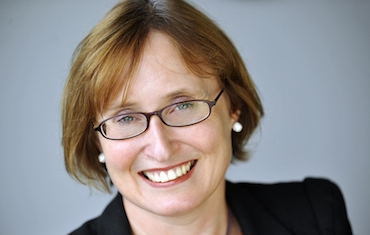A report into whether the population is prepared for retirement has found a slight increase in the proportion of women who are ‘on track’.
Aegon’s fourth UK Readiness Report stated that the pension freedoms introduced in April have been creating a positive influence on women’s financial behaviour.
The authors of the report said 7% of the UK’s female population were “on track for the retirement income they aspire to”.
This was a 2% increase since April 2015 and the gap between men and women therefore narrowed 3%.
Nearly one in five (18%) men and a sixth (15%) of women pay more into their pension savings as a direct result of the reforms.
Women have become more realistic about their retirement age since April 2015, now aiming to retire a year later, at 64, the report stated.
Women’s retirement income expectation of £40,700 is lower than that of men’s £45,800, however both these sums would require a savings pot of more than £1m, higher than the new pension lifetime allowance.
Aegon added that while both sexes remain unrealistic, the gap between women’s desired and likely retirement income from April 2015 has narrowed by £3,400 over the past six months. This is compared to just a £50 reduction for men.
Kate Smith, regulatory strategy manager at Aegon, said: “Women are making the biggest steps when it comes to getting on track for the retirement they aspire to. But there is a long way to go, and this improvement is set against a backdrop of unique challenges for women.
“The gender pay-gap currently stands at 19.7% which places women immediately on the back foot. Women often face more disrupted working lives, cutting their hours for childcare or simply taking time off to start a family, which leads not only to an immediate drop in pay, but also the possibility of a longer term effect on future income and, consequently, on savings.”
She said: “In addition to these considerations, women have recently seen a rapid rise in state pension age, leaving many unable to access their state pension until age 65, and in some cases age 66.
“These changes remain a point of discussion in the government, as the Women Against State Pension Inequality campaign group continue to push for support for women hit by these changes.”

